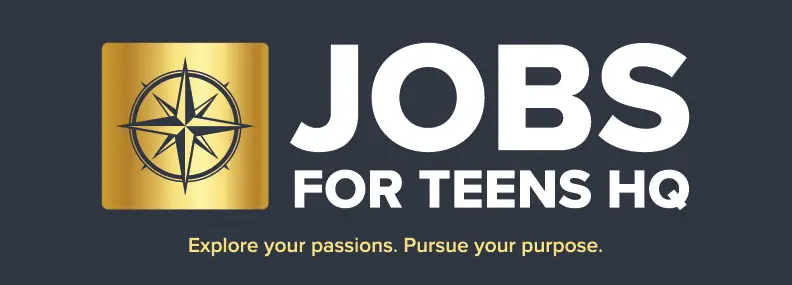What does a Teenage Website Manager Do?
A website manager is a mix between being a website developer and a blogger. In this job, you create a website that you enjoy by developing it yourself and then write or hire writers (Or maybe work with some of your friends) to create content on the website. Over time, the website can become a go-to resource on the specific topic of the website.
How Much Does a Teenage Website Manager Get Paid?
As a website manager, you can expect to put in months before you get any pay. Once you start getting a lot of traffic on your website, you can start making money with it using Google Adsense or a number of affiliate marketing partnerships. This is one of those jobs that takes a lot of up-front work before you see any success, but once you have traffic and do find success it can pay very well. On most website, 10,000 monthly visitors will generate $100-$300 per month consistently. The best part is that if your website is ranked well in Google, that means people will keep visiting while you’re in school and even while you sleep.
How Can I Get Started as a Teenage Website Manager?
- Make sure that you speak to your parent(s) before trying to become a teen website manager. They absolutely must know about your plans and will likely be able to help you in your efforts.
- To begin, you’ll need to create your own website on WordPress. For this, you’ll need a hosting account and we recommend that you use Siteground. To begin, click here to open Siteground and then click here to watch a tutorial video of the sign-up process and how to install WordPress. If you need to figure out your domain name, you can use this tool.
- Now that you have a website, you’ll need to get the proper training necessary to become a website developer and content creator. For this, we recommend that you join Lynda.com. They offer a free 10-day trial and you should get your parent’s permission before you start.
- Once you’ve joined Lynda.com, we recommend you to search two courses. The first is called “WordPress Essential Training by Morten Rand-Hendrickson” and the second is “Creating Better Blog Content by Virginia O’Connor”. With these courses you’ll learn a lot about developing a course on WordPress and how to write and engage your audience.
- Once you’ve trained yourself, it’s time to write. We suggest that you choose one category of something you enjoy and focus writing on it exclusively. As an example, if you really like videos games, you could start by writing 5-10 articles about one specific video game. Feel free to work with a friend on this part of the website, writing everything yourself is a lot of work.
- Now that you’ve written your first blog posts, you need to make sure that you are tracking how many people visit the website. The best way to do that is to use Google Analytics and here is a video explaining how to install it.
- Now that all of your tracking is up, share your blog posts with friends, family, and across your social media. Writing your content is great, but it’s even more important to tell people about it once it’s written.
- Once you’ve begun to get some traffic, it’s best to join an email marketing platform. This way, you can get people to sign up to your email list and then bring them back to your website with emails on a regular basis when you publish new content. We recommend that you join Aweber for this. To begin, click here to open up Aweber and then click here to watch a good tutorial video on how to set it up.
- Congrats! You now own your own website and whether you realize it or not, you’re also your own boss. The more work you put into the website, the more traffic you’ll get. The more traffic you get, the more money you can make. Continue writing and try to publish some new pages every single week. Over the next few months, your website will grow and you’ll eventually have a decent following.
<< Back to Online Jobs For Teens Database
Helpful Resources
- Siteground Hosting: This platform is where you can choose a URL and host your website. (Video Tutorial)
- Namemesh: This will help you choose a URL for your website.
- Lynda.com: This platform will teach you the skills you need to become a website managerCourse(s): Search for the course “WordPress Essential Training by Morten Rand-Hendrickson”Search for the course “Creating Better Blog Content by Virginia O’Connor”
- WordPress CMS: This is the CMS (Content Management System) that your website will be managed on.
- Google Analytics: This will help you understand how many visitors come to your website.
- Aweber: This platform will allow you to build an email list that will help you bring repeat visitors to your website. (Video Tutorial)
